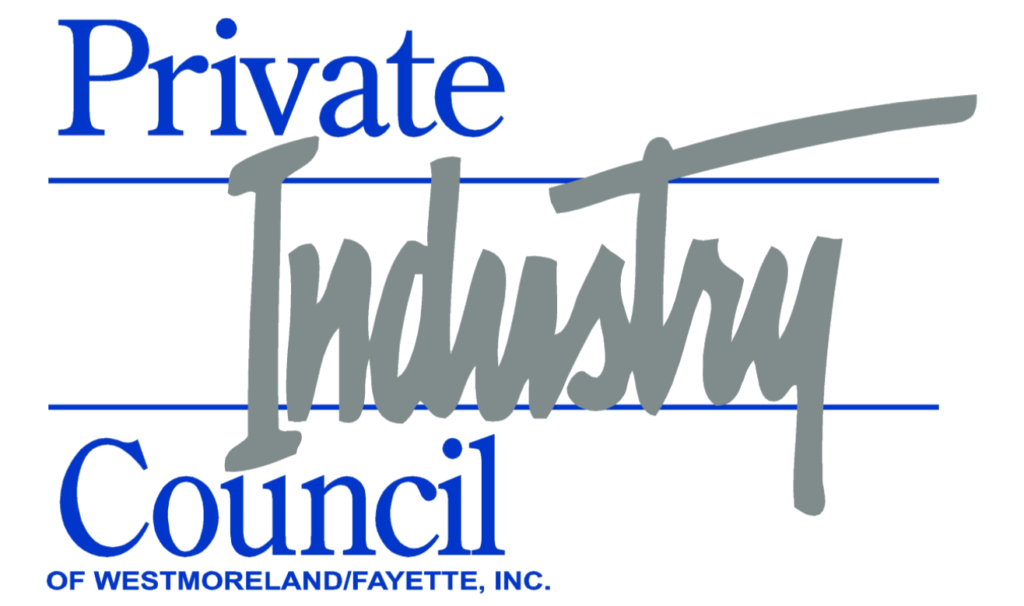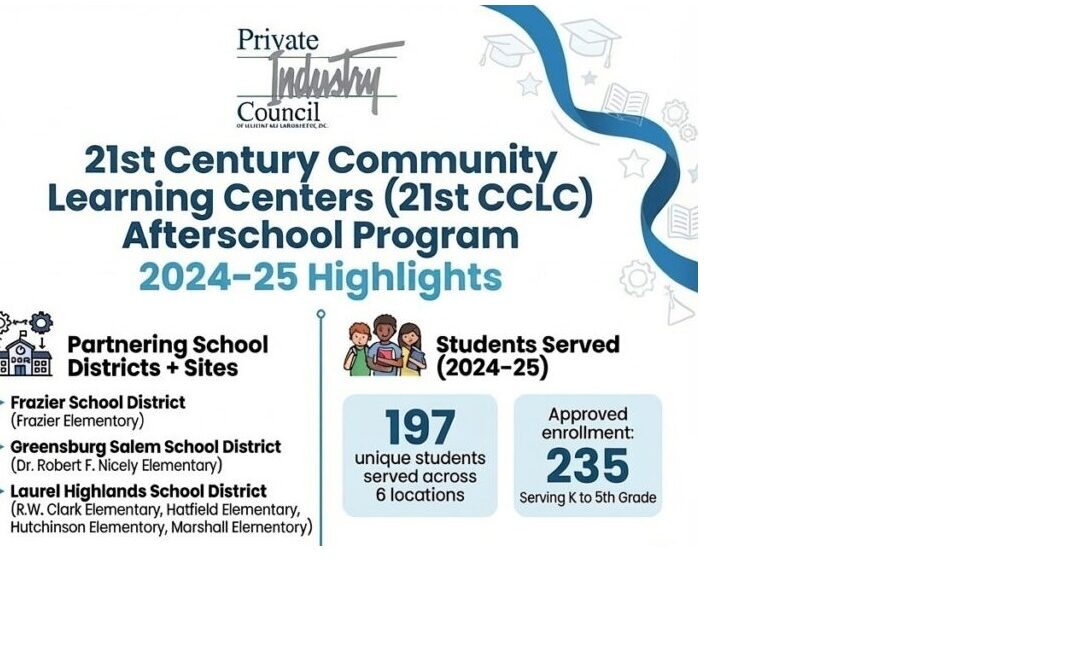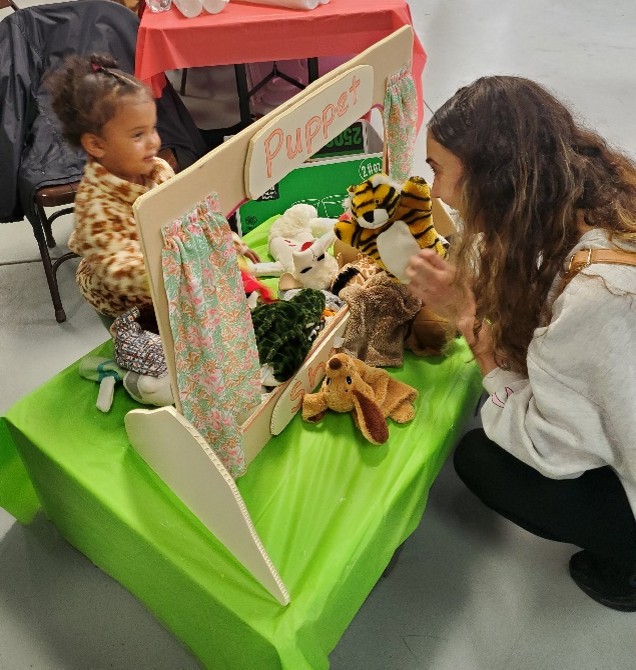Familiar activities can provide comfort for both adults and children during challenging and uncertain times. Just like adults, children feel more confident and secure when their daily activities are predictable and familiar. A consistent daily schedule and step-by-step routines give children a predictable day. Schedules and routines in the group care setting and at home help children:
- Feel in control of their environment
- Feel safe, secure, and comfortable
- Know what is happening now and what comes next
- Know how to do an activity or task
- Engage in learning and create regular attendance
Regular attendance is vital to the success of a child’s education. Part of the Head Start/Early Head Start of Beaver & Fayette County programs is their emphasis on regular attendance. Each center engages the children in this process with laminated attendance placards that display attendance. Staff, children, and families engage in classroom attendance promotion.
As crucial to regular attendance is punctual attendance. Research has shown that children attending preschool are less likely to be chronically absent in kindergarten. Tardiness often goes hand-in-hand with attendance. “Tackling Tardiness to Promote Good Attendance” from www.attendanceworks.org discusses the institution of a new campaign by Learning and Leadership in Families to deal with the issue in Baltimore’s Head Start program.
The Perfectly Punctual Campaign includes daily weekly, and periodic strategies to increase punctuality in preschool. Examples include daily tracking of attendance with weekly recognition for students and punctuality reports for families. Periodically, families are recognized for punctuality and attendance in centers with family literacy activities. Reminders of tardiness policies and rationale are provided to parents and guardians and workshops and professional development are offered to teachers and preschool staff.
George Bernard Shaw joked, “Better never than late,” to underscore the value of punctuality. With tardiness, attendance, and school success so linked, educators should stress the importance of time from the very beginning of our children’s education.
This is a direct tie into Engagement with the families and showing our Holistic approach to servicing not just the child in the classroom but the families in the community we have classrooms in and the resources that surround them.
Family engagement is a collaborative and strengths-based process through which early childhood professionals, families, and children build positive and purposeful relationships. It is a shared responsibility of families and staff at all levels that requires mutual respect for the roles and strengths each has to offer. Family engagement focuses on culturally and linguistically responsive relationship-building with key family members in a child’s life.





 724-836-2600
724-836-2600





